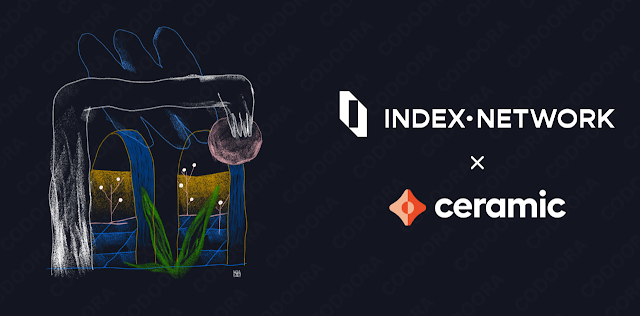![25 Top Web 3.0 Tools for Developers [2025] 25 Top Web 3.0 Tools for Developers](https://blogger.googleusercontent.com/img/b/R29vZ2xl/AVvXsEhALQRdUuBwl8EDUzEwEn135X3YHzmGrIZycNe6PF4TCFsJCSTOxiRFCZ6rXS5k2wyhZmTTercuOnisjHtQn1-n4Fdgbl9G0NzifxoAJPlJZ1H9A-AV63l2Rejko4RGgkha7-Hl24xJcRDSxFJOm5jdjZ3Mp8XLI-kuHjJXf4E9UHxUAP78jrcjwrZqs5RX/w640-h360/25%20Top%20Web%203.0%20Tools%20for%20Developers.png)
1. Hardhat | The Most Popular Ethereum Development Tool
Hardhat is a flexible development environment for building and testing Ethereum-based smart contracts. It offers built-in support for tasks, error messages, stack traces, and plugin integration. Developers can simulate real-world networks locally and automate workflows. Its compatibility with Ethers.js makes it a top choice for production-level DApps.

Why Use Hardhat?
2. Truffle | Complete DApp Development Framework
Truffle provides a suite of tools to develop, test, and deploy smart contracts with ease. It supports automated testing, scripting, and migration tools out of the box. With an integrated development pipeline and Ganache integration, it's ideal for building scalable Web 3.0 apps. It’s been one of the most trusted Ethereum tools since early Web3 days.

3. Remix IDE | Browser-Based Solidity IDE
Remix is a web-based IDE tailored for smart contract development using Solidity. It allows developers to write, test, and debug contracts in the browser without setup. With real-time linting, built-in static analysis, and plugin support, it’s ideal for both learning and rapid prototyping. It also connects easily to MetaMask and testnets.

4. MetaMask | Trusted Crypto Wallet & Gateway to Web3
MetaMask is a browser extension and mobile app that lets users and developers interact with Ethereum-based DApps. It supports multiple networks, wallet integration, and transaction signing. For developers, it provides a test environment to simulate wallet interactions and deploy smart contracts. It's essential for any DApp interface.

5. Ethers.js | Lightweight Ethereum JavaScript Library
Ethers.js is a modern JavaScript library built to interact with the Ethereum blockchain. It enables contract interaction, wallet management, and JSON-RPC calls with clean and secure code. Developers prefer it for its small size and modular structure. It’s often used in modern frontend frameworks like React or Next.js.
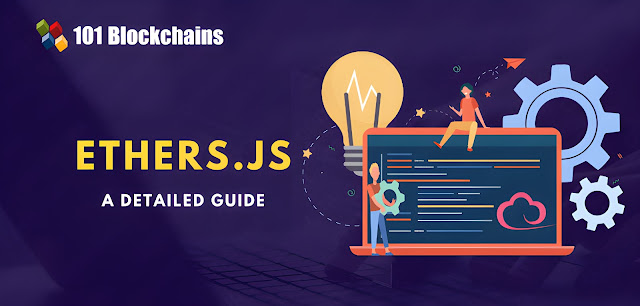
6. Web3.js | Ethereum Integration for JavaScript Projects
Web3.js allows JavaScript applications to communicate with Ethereum nodes using HTTP, WebSocket, or IPC. It supports sending transactions, interacting with smart contracts, and monitoring blockchain events. While heavier than Ethers.js, it's deeply embedded in many legacy Web3 applications. It’s still highly relevant in 2025.
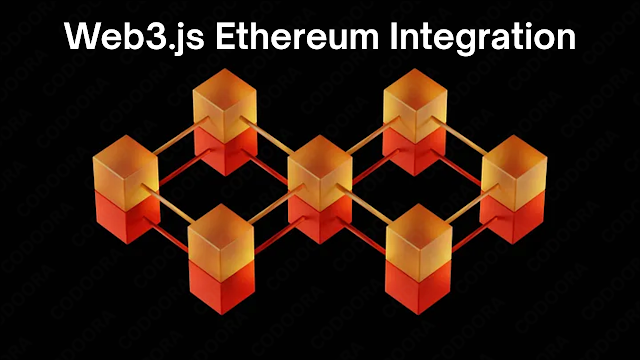
7. Alchemy | Reliable Web3 Infrastructure Provider
Alchemy offers powerful APIs and developer tools to build and scale blockchain apps. It provides analytics, real-time monitoring, and enhanced node performance. Its Supernode and NFT APIs speed up development and reduce headaches. Many top-tier DApps and DeFi platforms rely on Alchemy for uptime and scale.

8. Infura | Instant Access to Ethereum & IPFS Nodes
Infura provides access to Ethereum, IPFS, and other networks without needing to run your own node. It enables developers to send transactions, fetch data, and deploy contracts instantly. Infura is known for high reliability and uptime. It’s widely used in production-grade Web3 platforms.
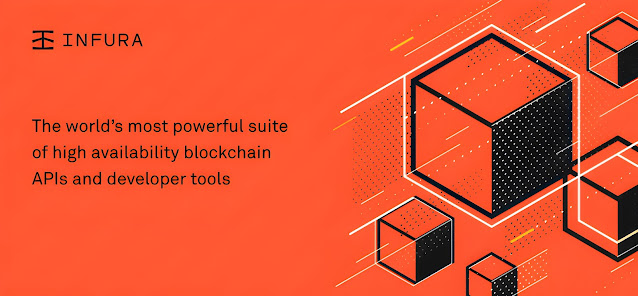
9. Moralis | Full-Stack Backend for Web3 Apps
Moralis offers backend tools like authentication, user sessions, and real-time database for blockchain apps. It supports multiple chains and comes with built-in APIs for NFTs, tokens, and transactions. You can build full-stack apps without managing servers. It drastically reduces development time and complexity.

10. The Graph | Blockchain Data Indexing Protocol
The Graph enables developers to index blockchain data using subgraphs and access it via GraphQL. It helps fetch event logs, smart contract states, and historical blockchain data efficiently. It’s essential for DApps needing complex queries or real-time data. Supported on multiple chains including Ethereum and Polygon.

11. Chainlink | Leading Decentralized Oracle Network
Chainlink connects smart contracts to real-world data such as weather, prices, or sports results. It’s used in DeFi, gaming, insurance, and more to ensure trusted off-chain data feeds. The network’s security, uptime, and decentralization make it a go-to oracle provider. It's a backbone for reliable smart contract execution.

12. Thirdweb | Code-Free Web3 App Builder
Thirdweb provides tools for deploying and managing smart contracts without writing code. It includes NFT drop tools, contract dashboards, and ready-made templates. Perfect for creators and startups, it simplifies blockchain development. It supports Ethereum, Polygon, and other EVM chains.

13. Pinata | IPFS-Powered File Storage for NFTs
Pinata offers decentralized file hosting through IPFS, ideal for storing NFT metadata and media. It features a user-friendly UI and developer APIs for file management. Pinata ensures persistent access to your data without relying on centralized servers. It’s widely used by NFT platforms and artists.
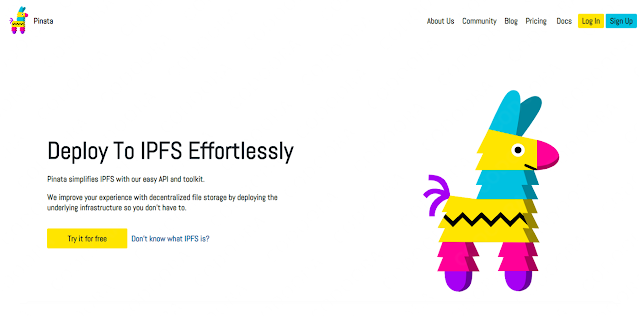
14. IPFS | Decentralized File Sharing Network
IPFS (InterPlanetary File System) is a peer-to-peer network for storing and sharing data in a decentralized way. It replaces HTTP with content-addressed storage. Files stored on IPFS are immutable and distributed, improving censorship resistance. It’s crucial for Web3 data integrity and availability.

15. Ganache | Personal Blockchain for Testing
Ganache creates a local Ethereum blockchain that runs instantly for development and testing. It simulates network behavior, accounts, and mining without gas fees. Developers can test contracts safely and iterate quickly. It’s perfect for debugging and works smoothly with Truffle.

16. Foundry | High-Performance Ethereum Dev Tool
Foundry is a fast and efficient Ethereum development toolkit written in Rust. It offers blazing-fast contract compilation, testing, and deployment. It’s especially loved by advanced developers for scripting and fuzz testing. Its CLI tools are perfect for automation and CI/CD pipelines.

17. OpenZeppelin | Secure Smart Contract Library
OpenZeppelin provides battle-tested smart contract libraries written in Solidity. It includes reusable modules for ERC-20, ERC-721, access control, and more. Developers rely on it for secure contract patterns. It also offers Defender, a tool for contract automation and monitoring.

18. Solidity | Primary Smart Contract Language
Solidity is the most widely used programming language for creating Ethereum smart contracts. It’s statically typed, object-oriented, and continues to evolve with the ecosystem. Solidity is supported by all major development tools and chains. It’s the foundation of the Web3 programming stack.
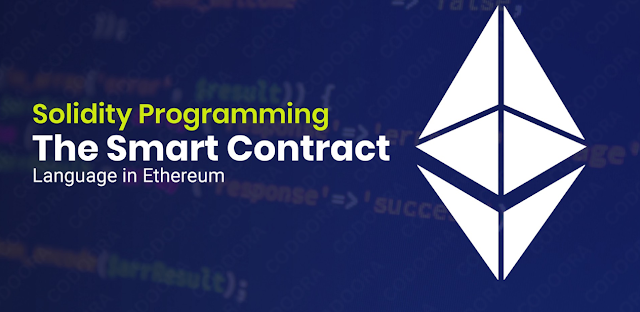
19. Brownie | Ethereum Development in Python
Brownie is a smart contract development framework for Python developers. It supports testing, debugging, and scripting of contracts with powerful tooling. It integrates with Ganache and Etherscan and is ideal for Python-native teams. It’s especially favored in academic and data science circles.

20. WalletConnect | Universal Wallet Integration Protocol
WalletConnect is an open protocol that lets users connect mobile wallets to DApps via QR codes. It supports over 100 wallets and ensures secure session handling. It’s essential for mobile-first and cross-platform Web3 apps. Developers can easily enable wallet access with minimal code.

21. DappRadar | Discover and Track Web3 Projects
DappRadar is an analytics platform for tracking usage, volume, and rankings of decentralized applications. Developers use it to monitor app performance and user engagement. It provides valuable insights for improving features and visibility. It’s also a great discovery tool for end-users.

22. Tatum | Multi-Chain Blockchain API Provider
Tatum offers a single API to build across 60+ blockchains including Ethereum, Solana, and Binance Smart Chain. It includes tools for wallets, NFTs, gas estimation, and more. Developers can integrate blockchain features quickly without diving deep into protocols. Great for cross-chain app development.

23. QuickNode | Fast Blockchain Node Infrastructure
QuickNode gives developers access to lightning-fast blockchain nodes. It supports multiple chains and includes analytics, smart contract event tracking, and Webhooks. It’s trusted for its speed, uptime, and performance. Perfect for scaling production-grade Web3 apps.

24. Helios | Lightweight Ethereum Light Client
Helios is a decentralized Ethereum light client for verifying data directly in browsers and apps. It enables trustless transaction verification without full nodes. Developers use it to create highly secure DApps without relying on RPCs. A step toward full decentralization in frontend applications.
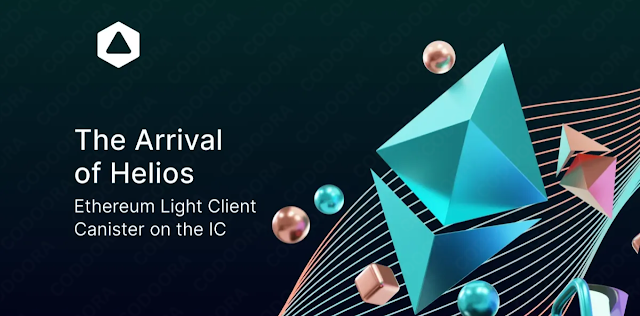
25. Ceramic Network | Decentralized Data Streams for Web3
Ceramic Network powers dynamic, mutable, and decentralized data. It’s used for decentralized identity (DID), user profiles, and social graphs. Developers can store data off-chain but keep it verifiable and composable. Ideal for Web3 social apps, DAOs, and multi-user platforms.
